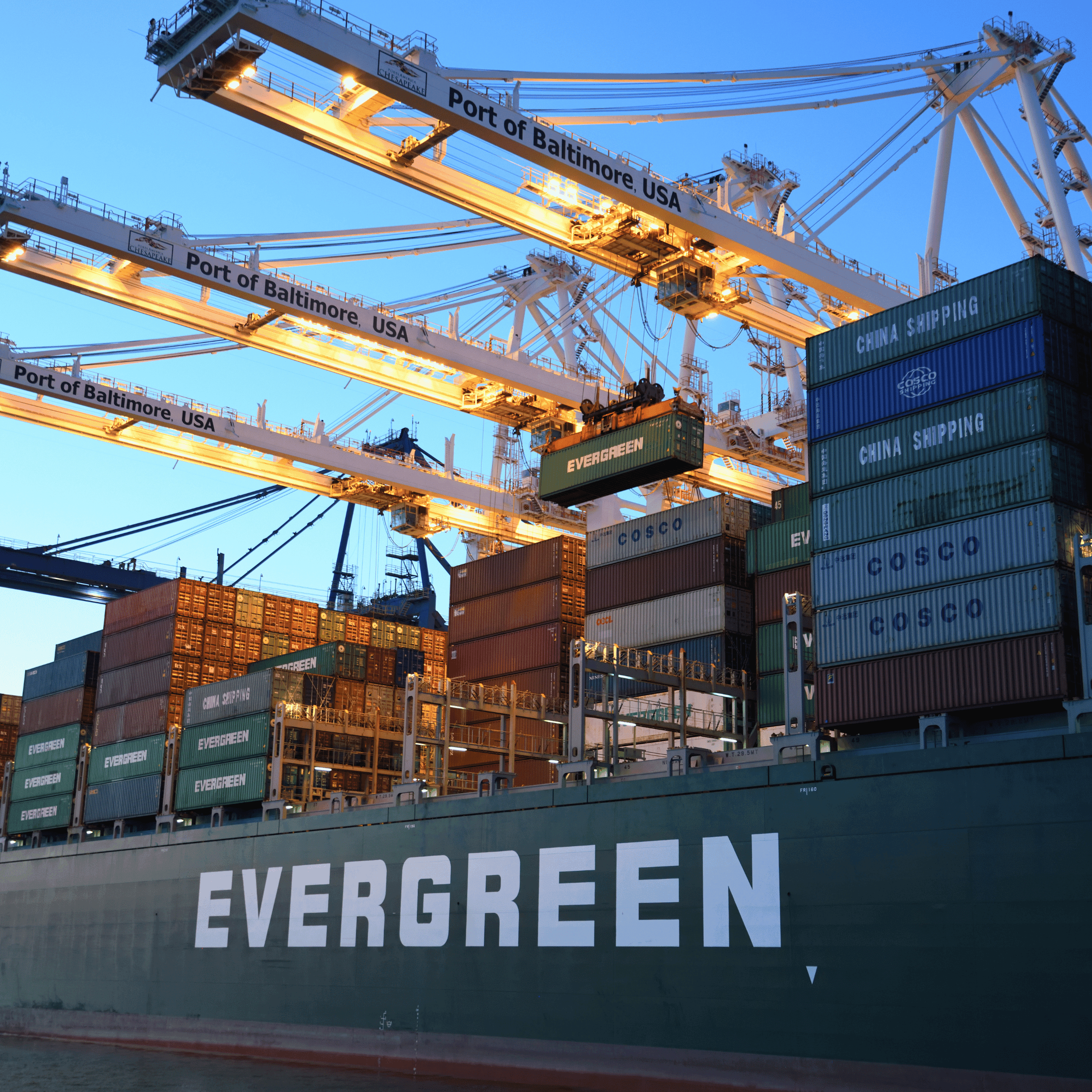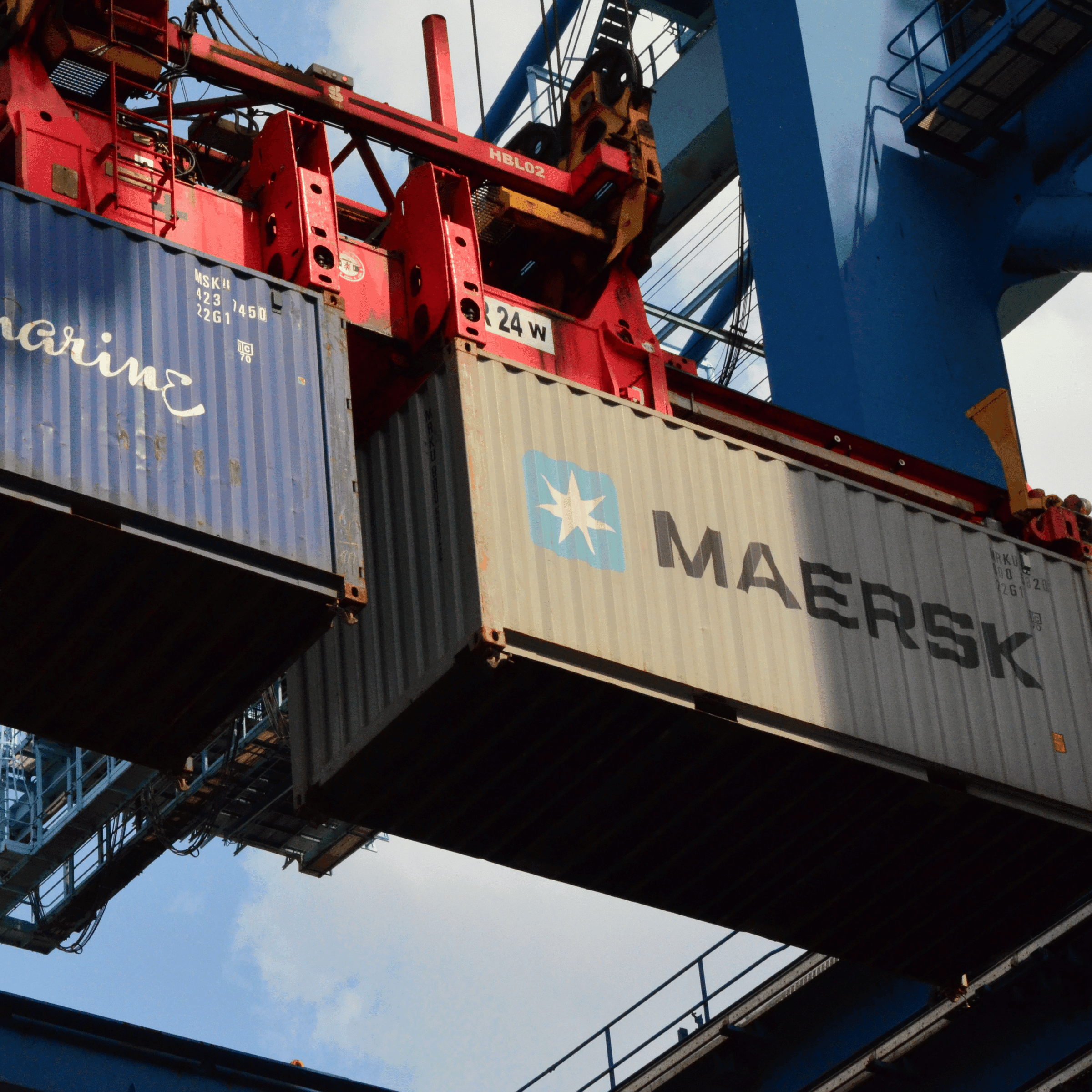Outsourcing logistics operations to a third-party logistics (3PL) provider has become increasingly popular among companies of all sizes. The decision to engage a 3PL provider often hinges on both qualitative and quantitative benefits. Understanding the distinction between these two can provide insight into the broader advantages of outsourcing.
Quantitative Benefits
Quantitative benefits are measurable and can be easily translated into numbers. When considering outsourcing to a 3PL provider, the following are the primary quantitative benefits:
Cost Savings: One of the most direct advantages is the potential for reduced costs. Companies can avoid expenses related to warehousing, transportation, technology, and trained staff. They can also benefit from the economies of scale that a 3PL can offer.
Inventory Reduction: A 3PL can optimize inventory levels, which can result in significant cost savings. By ensuring that the right amount of stock is held — not too much or too little — companies can minimize storage costs and reduce obsolete stock.
Enhanced Performance Metrics: Advanced 3PLs offer comprehensive analytics and reporting tools, allowing companies to monitor key performance indicators (KPIs) like order accuracy, delivery times, and inventory turnover.
Increased Reach: With an extensive logistics network, 3PLs can enable faster shipping to a broader range of locations, often at a lower cost.
Capital Investment Reduction: Outsourcing eliminates the need for companies to invest in transportation, infrastructure, technology, and warehouses. This frees up capital for other business initiatives.
Qualitative Benefits
While quantitative benefits provide a clear picture of the financial advantages, qualitative benefits, though intangible, play a crucial role in the decision to outsource. These benefits include:
Focus on Core Competencies: Outsourcing allows businesses to hone in on their primary areas of expertise. By letting a 3PL manage the logistics, companies can direct more resources and energy toward areas like product development, sales, and customer relations.
Flexibility and Scalability: 3PL providers offer flexibility in operations, allowing companies to scale up or down based on demand. This is especially valuable during peak seasons or during product launches.
Risk Mitigation: By leveraging a 3PL’s expertise, companies can reduce risks related to transportation, warehousing, and handling. The 3PL assumes responsibility for challenges like regulatory compliance, customs clearance, and other potential pitfalls.
Improved Customer Service: With optimized logistics processes in place, customers often experience quicker delivery times and improved service levels, which can boost satisfaction and loyalty.
Access to Expertise: 3PL providers are logistics experts. Outsourcing provides companies access to this expertise, ensuring that logistics operations are efficient, compliant, and up-to-date with industry best practices.
Enhanced Technology: Most 3PL providers invest heavily in the latest logistics technologies, from warehouse management systems to tracking tools. Partnering with a 3PL means that companies can benefit from these technologies without the direct investment.
Conclusion
Outsourcing to a 3PL provider offers a multitude of benefits, both quantitative and qualitative. Quantitative advantages can directly impact a company’s bottom line, offering clear financial gains. On the other hand, qualitative benefits, while harder to measure, can significantly influence a company’s long-term growth, customer satisfaction, and strategic direction.
In making the decision to outsource, companies should consider the holistic impact on their operations, weighing both tangible and intangible benefits. The combined power of both qualitative and quantitative advantages often makes the case compelling for a strategic partnership with a 3PL provider.






